Leopards in Rwanda
Leopards in Rwanda: Every Safari destination in Africa including Rwanda struggles to market itself as home to the BIG 5 with the hope of luring many tourists to visit. The African BIG 5 include; Lions, Elephant, Buffalo, Rhino and the highly secretive Leopard.
In Rwanda, the big 5 including the critically endangered African Rhino can be seen at Akagera National Park. However, the numbers are still low but there is hope these will grow given the governments investment and commitment to conservation. Rwanda’s recent partnership with notable international conservation organisations like African Parks which took over the management of the present-day Akagera National Park – Rwanda’s only Savannah Park, and home to Rwanda’s leopards.
Leopards in Rwanda’s Akagera National Park can be tracked around the Magashi camp area. To date, at least 15 individual leopards have been sighted by the local guides in Akagera.
Why are Leopards in Rwanda Scarce? Only 15 individuals!
Most of the leopard population was lost to poaching in the period of the insurgency that led to the tragic 1994 Rwanda genocide. Even after the genocide ended, wildlife still suffered human encroachment with many refugees returning and settling in animal spaces, hunting then down for food (protein). The hunting included Leopard killings too -which claimed lots of them to near extinction. However as earlier mentioned, Rwanda Development Board – the body mandated by law to oversee all national parks & reserves in Rwanda signed a partnership with African Parks which immediately assumed management and protection of the Akagera National Park – home to the remaining Leopards in Rwanda.
About African Parks In Rwanda
In 2010, African Parks assumed management of Akagera in partnership with the Rwanda Development Board (RDB), shifting the park’s trajectory from one of oblivion to prosperity and hope. After years of preparation, through effective law enforcement and management, 2017 saw the historic return of 18 Eastern black rhinoceros after a 10-year absence, thanks to the support from the Howard G. Buffett Foundation. An additional five captive-bred black rhinos were translocated from Europe in June 2019, with the support of the European Association of Zoos and Aquaria (EAZA), to augment the genetic diversity. Two new male lions were also translocated to Akagera in 2017 to enhance the genetic diversity of the growing pride, which has now tripled since their initial reintroduction in 2015. With poaching essentially halted, the park’s key wildlife populations have continued to rise. The park is generating more than US$2.5M in annual revenue, making it 90% self-financing driven by the tens of thousands of people, half of whom are nationals, coming to see its rebirth.

